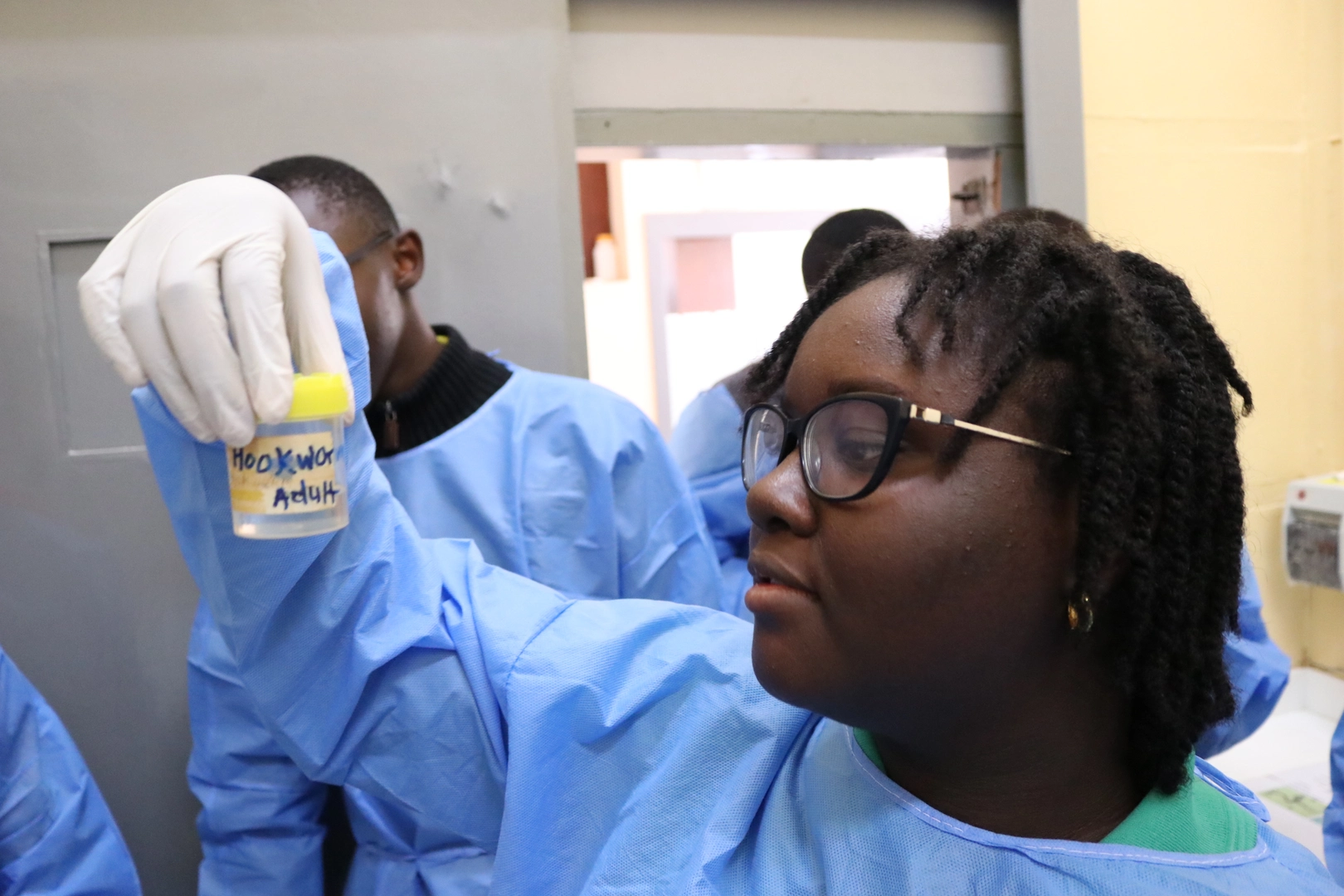How to Pursue a Career as a Microbiologist in Ghana

What is microbiology?
Microbiology is the study of microscopic organisms, including bacteria, viruses, fungi, and protozoa. These tiny life forms play a crucial role in our environment, health, and industry.
Why pursue a career in microbiology in Ghana?
Ghana, with its diverse ecosystems and growing healthcare sector, offers numerous opportunities for microbiologists. Studying these microorganisms can lead to breakthroughs in medicine, agriculture, and environmental conservation.
Job outlook for microbiologists in Ghana
The demand for skilled microbiologists in Ghana is on the rise, especially in research institutions, hospitals, and agricultural sectors.
Salary expectations for microbiologists in Ghana
While salaries can vary based on experience and specialization, a microbiologist in Ghana can expect to earn between GHS 1,500 to GHS 5,000 monthly.
Education and Training
To pursue a degree in microbiology, students typically need a strong background in biology and chemistry from their secondary education.
Where to study microbiology in Ghana
Several universities in Ghana offer microbiology programs. The University of Ghana and Kwame Nkrumah University of Science and Technology are among the top institutions in this field.
Undergraduate and postgraduate programs in microbiology in Ghana
Both aforementioned universities offer Bachelor’s, Master’s, and Ph.D. programs in microbiology, providing students with a comprehensive understanding of the subject.
Professional certifications for microbiologists in Ghana
- Advertisement -
After completing formal education, it’s beneficial to obtain certifications from recognized bodies, such as the Ghana Association of Microbiological Societies, to enhance credibility and job prospects.
Career Paths
Microbiologists can work in various sectors, including healthcare, agriculture, food processing, and environmental conservation.
Where microbiologists work in Ghana
They can be found in research institutions, hospitals, agricultural firms, and pharmaceutical companies.
Job titles for microbiologists in Ghana
Some common job titles include Clinical Microbiologist, Research Scientist, Food Safety Specialist, and Environmental Microbiologist.
Skills and Requirements
Essential skills and knowledge for microbiologists
Microbiologists should possess a deep understanding of microbial genetics, physiology, and biochemistry. They should also be adept at using laboratory equipment and conducting experiments.
Soft skills and personal qualities required for microbiologists
Effective communication, attention to detail, patience, and a curious nature are vital. Additionally, teamwork and problem-solving skills are crucial in this field.
Job Search
How to find microbiology jobs in Ghana
Job portals like Jobberman often list vacancies for microbiologists. Networking through professional associations and attending seminars can also open doors to job opportunities.
Tips for writing a strong microbiology resume
Highlight relevant educational qualifications, certifications, and any hands-on experience. Tailor your resume to the specific job role, emphasizing skills and achievements that align with the position.
How to ace a microbiology job interview
Prepare by researching the organization and the role. Practice answering common interview questions and be ready to discuss your experiences and skills in detail. Always ask insightful questions at the end of the interview.
Conclusion
Pursuing a career as a microbiologist in Ghana is a promising choice, given the country’s growing sectors that rely on this expertise. With the right education, skills, and determination, young Ghanaians can make significant contributions to science and society.
For those interested in diving deeper, the Ghana Association of Microbiological Societies offers resources and networking opportunities. Additionally, universities and job portals provide up-to-date information on courses and job openings, respectively.


